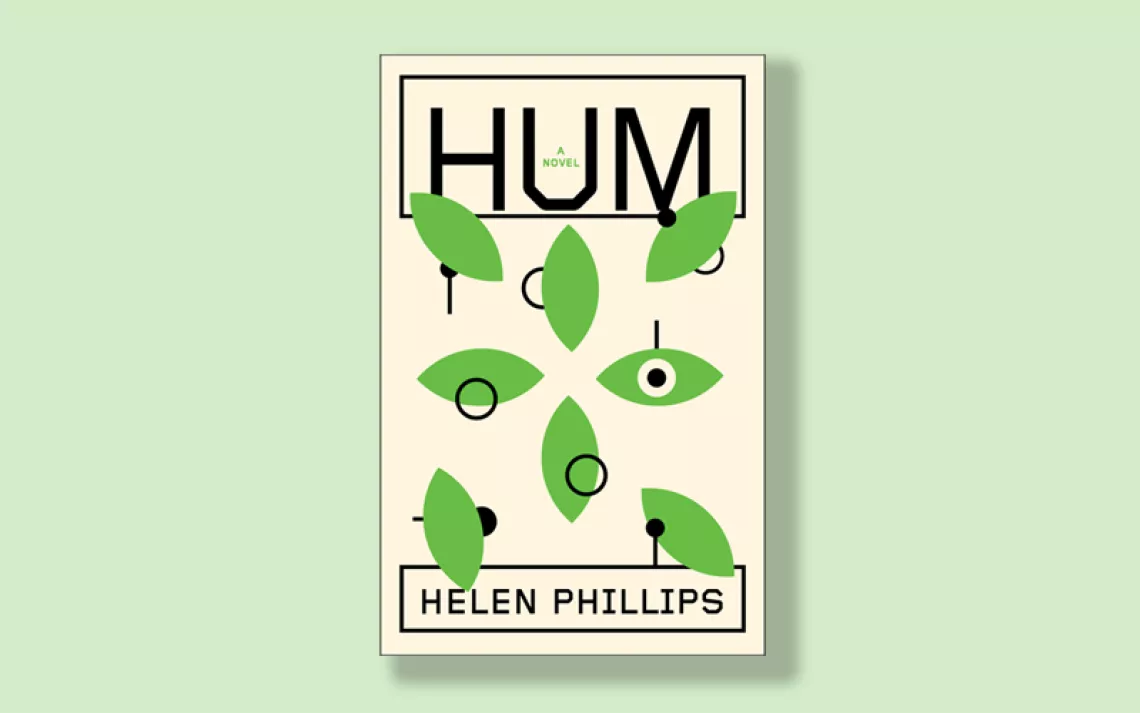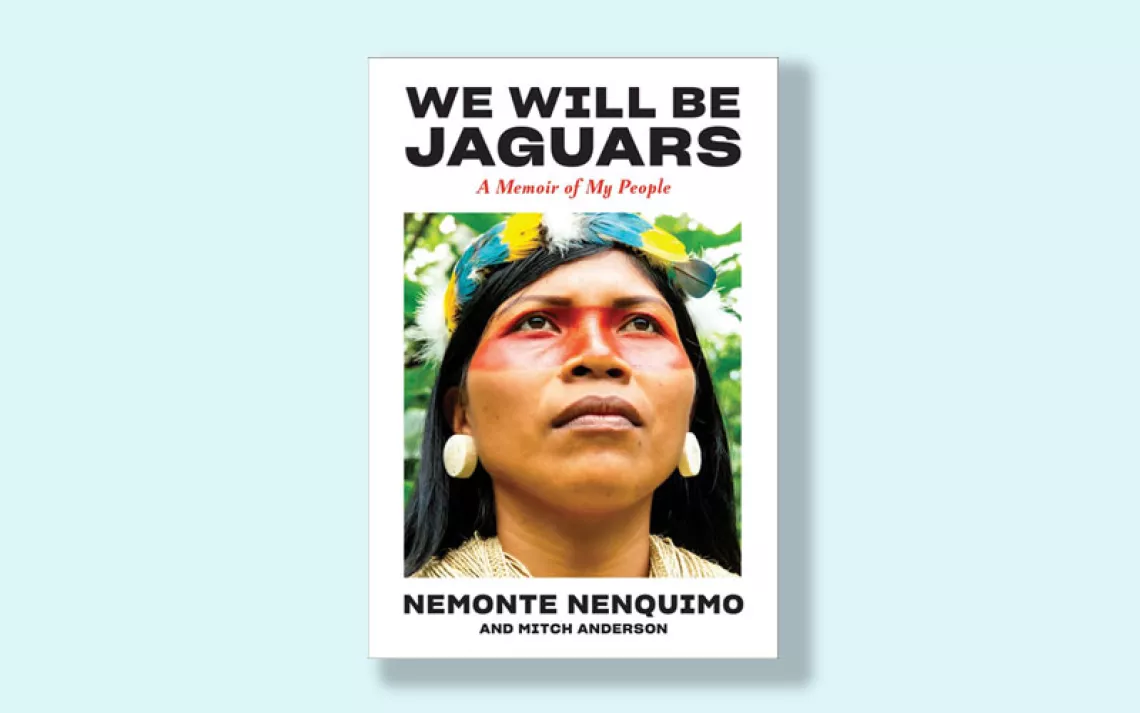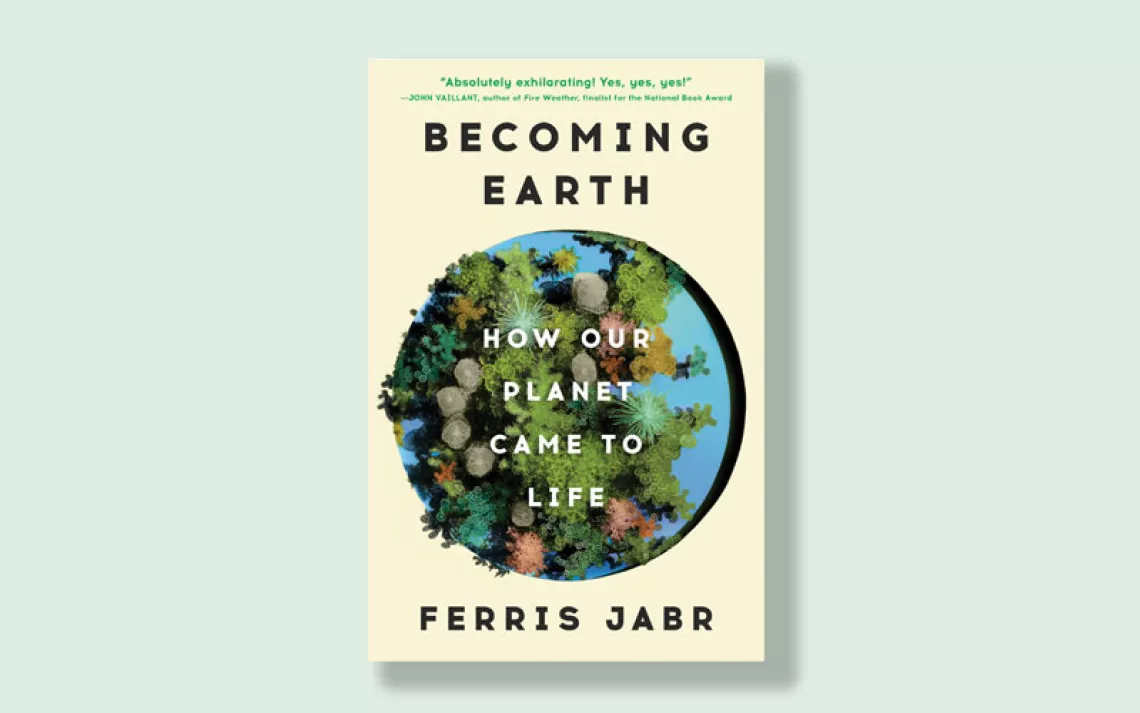In “Nerve,” Eva Holland Boldly Investigates Fear
An adventure journalist explores the phobias that plague her

Eva Holland is in the middle of a 10-day backcountry canoe trip on the Stikine River in northwestern British Columbia when she gets the news she’s dreaded her entire life—her mother has had a stroke and is on life support. Two days after Holland arrives at her side, her mother passes away.
Most of us do not live in constant fear of our parents dying, but Holland’s mother lost her own mother at a young age, and the trauma of that experience was present throughout Holland’s childhood. As a result, Holland learned to fear becoming a motherless child too. “People often talk about the fear of the unknown, and fair enough—we do tend to be wary of the strange and new. But we can also learn to fear what we know,” she writes in her new memoir, Nerve: Adventures in the Science of Fear (The Experiment, April 2020).
Holland is plagued by other phobias as well, like the fear of heights and “darkly specific fears” like drinking too much and drowning in her own vomit. She is even afraid of fear itself. “I think about fear and the questions that surround it all the time,” she writes.

The realization of one of her worst fears—her mother’s death—launches Holland on a quest to deepen her understanding of fear itself, which she chronicles in Nerve, weaving personal experiences with the latest research on the topic. Her accounts are sometimes bizarre—like when she reveals her childhood terror of falling off an escalator—but also relatable. “Fear is an experience that unites, even as, in the moment, it makes each of us alone,” she writes.
A correspondent for Outside magazine and a freelance journalist who writes about the environment and travel and adventure, Holland embarks on various outdoor endeavors that force her to grapple with her fears, especially her acrophobia. As a form of exposure therapy, she learns to rock climb, and she tries sky diving:
“The ascent to 10,000 feet seemed to take hours, and as we climbed, the weird out-of-body calm I’d felt on takeoff seeped away. It was like coming out of shock, losing that numbed protection and feeling full of pain and injury for the first time.”
Holland delves into gene theory, evolutionary biology, and psychoanalysis looking for answers to why we fear the way we do, but ultimately, scientific knowledge can only take her so far; gradually, she comes to accept herself and her complicated relationship to fear. A little bit of fear, it turns out, is natural and healthy. Learning what is and is not an irrational phobia and how to asses real danger enables Holland to manage her feelings and take risks in spite of them. She writes, “The catch is in figuring out when to listen to our fears—when to trust our threat assessment and when to suppress or ignore it.”
 The Magazine of The Sierra Club
The Magazine of The Sierra Club



